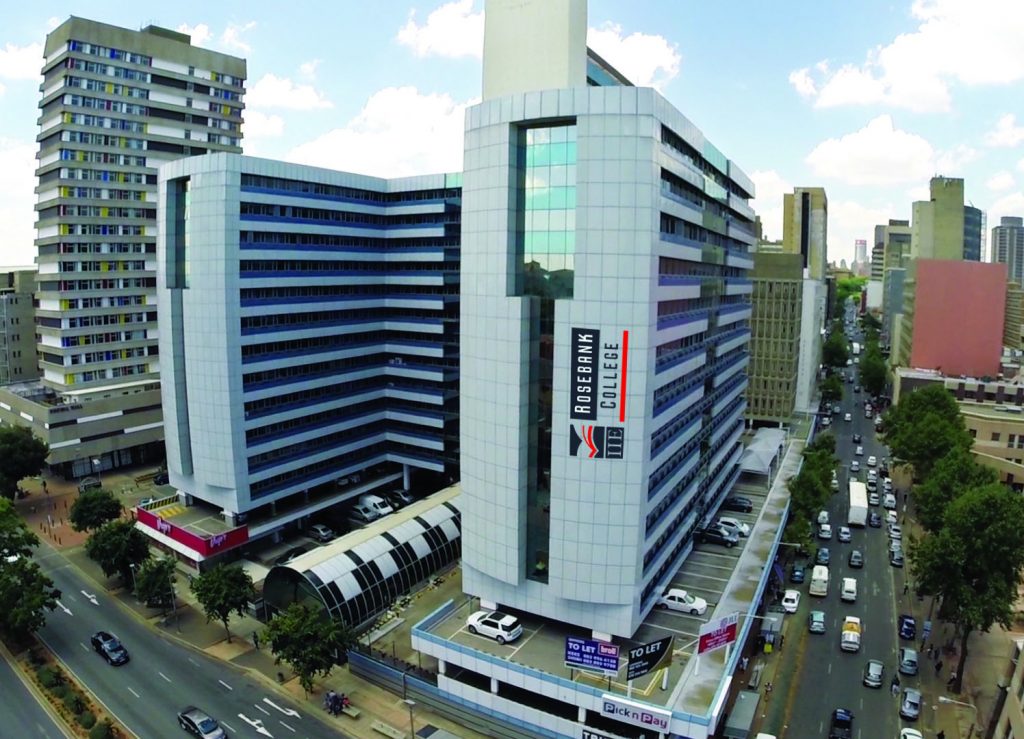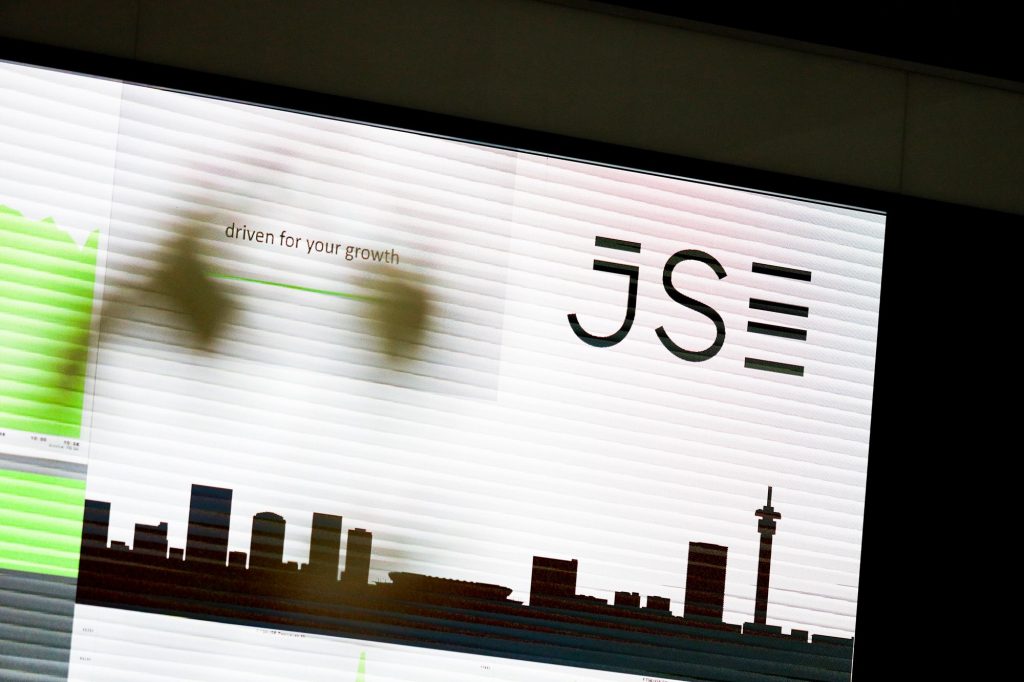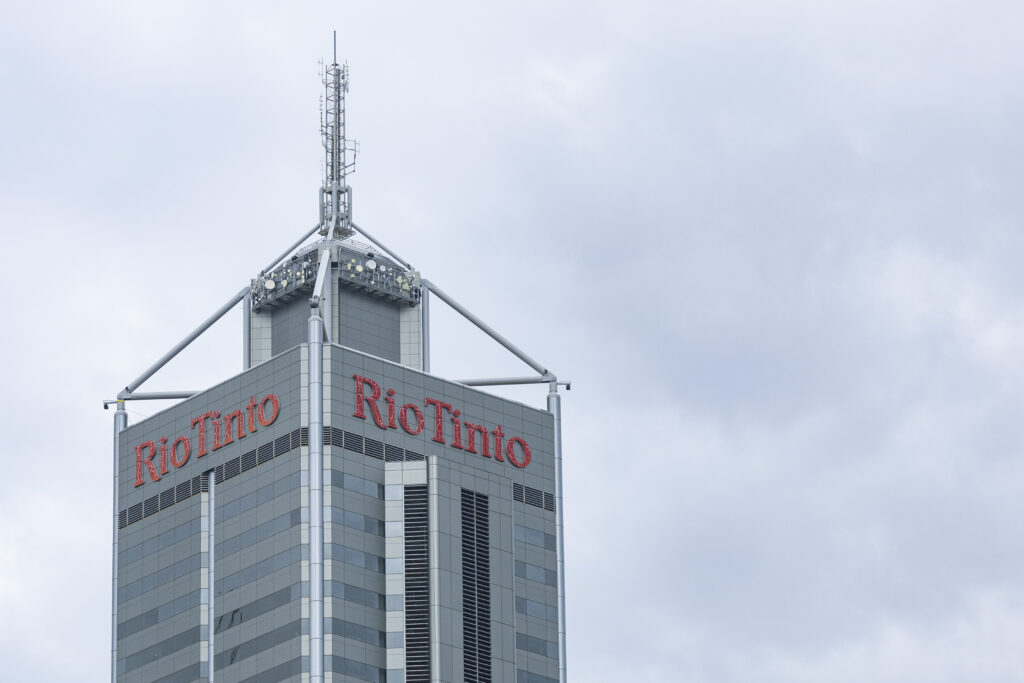You can also listen to this podcast on iono.fm here.
SIMON BROWN: I’m chatting with Mongezi Mpahlwa, a partner at Cox Yeats. Mongezi, I appreciate the time. A lot of my listeners I think are directors, listed companies and unlisted companies. Some of them will probably be directors. An important part in a recent note you put out is directors and officers insurance. Talk us through that – what’s the plan? What is this covering and whom might it potentially be for?
MONGEZI MPAHLWA: Thanks very much, Simon. The D&O [Directors and Officers] Insurance is a specialised policy that is designed to protect directors and execs from personal financial loss when they are sued – basically for decisions they’ve made in their official capacity. So they are typically covered for financial exposure if they get sued for defence costs, court settlements, damages arising out of claims from financial mismanagement, negligence, errors, et cetera in the execution of their decisions and functions.
SIMON BROWN: You mention this doesn’t cover if the situation is criminal or fraud or the like.
MONGEZI MPAHLWA: Yes. It doesn’t cover fraud, crime, intentional errors, gross negligence, et cetera. It’s purely for acts that are done in good faith and in the best interest of the company.
SIMON BROWN: I suppose the point is you can’t insure if you’re going to be criminal, in a sense. Is it one-policy-fits-all? Do we see, I don’t know, industry-specific policies? Maybe some sectors are considered higher risk and have different policies, or is it one fits all?
MONGEZI MPAHLWA: No, it’s not a one-size-fits-all. Remember, there are various insurers out there with different offerings. It really depends on the industry, on the insurer and the risk at which the industry operates [for] that particular company. So there’s no one-size-fits-all.
SIMON BROWN: Who typically pays for this? Is this going to be ‘dependent’? Does the company pay this, does the director, or is this very much dependent on negotiation, I suppose, between the company and the director?
MONGEZI MPAHLWA: It’s generally paid by the company. The company will take it up on behalf of its board to protect it. In a way, it makes it lucrative for people to agree to serve on boards because it means their exposure to risk is mitigated in that, because directors are now being held to the highest standard in terms of corporate governance, accountability and acting with reasonable skill, due diligence and care.
So especially where the highest stakes are involved [and] you are dealing with a listed company where you have public shareholders, et cetera, it’s basically a product that the company will take to protect its board.
SIMON BROWN: And this doesn’t absolve – in fact, I think you referred to sort of personal risks and understanding the legal requirements under the Companies Act, doing proper disclosures, avoiding conflicts. Those are beyond the ambit, but something to which a director still needs to pay a fairly significant amount of attention, I imagine.
MONGEZI MPAHLWA: Yes. Obviously it’s not a shield or an excuse to do whatever – or that directors have carte blanche to act recklessly. As you know, the Companies Act is very strict about fiduciary duties, such that directors must avoid any situation that places them in a conflict of interest.
D&O policies will not cover personal financial gains that are obtained improperly where a director benefits from self-dealing, insider trading or misappropriation of company funds. We saw this with the Steinhoff debacle, for example. So a situation like that wouldn’t be covered. Probably more appropriate cover would be a Commercial Crimes Policy, which is different. It’s designed for things like fraud and all those things.
SIMON BROWN: Talk to me about the Commercial Crimes [Policy] because I haven’t heard of this before. Again, [is this] for protecting individuals, [but] also protecting the company?
MONGEZI MPAHLWA: It’s for protecting the company and third parties generally. That’s how those policies work where there’s been fraud that has taken place internally to the detriment of a third party – whether it’s shareholders, whether it’s creditors, clients, suppliers, etc. So that policy is really designed to protect third parties, the company itself, where there is loss due to fraudulent conduct by directors …
SIMON BROWN: Ah, gotcha, gotcha. So in a sense the other side. We’ll leave it there.
Mongezi Mpahlwa, partner at Cox Yeats, I appreciate the time.
Listen to the full MoneywebNOW podcast every weekday morning here.

 9 hours ago
1
9 hours ago
1






















 English (US) ·
English (US) ·